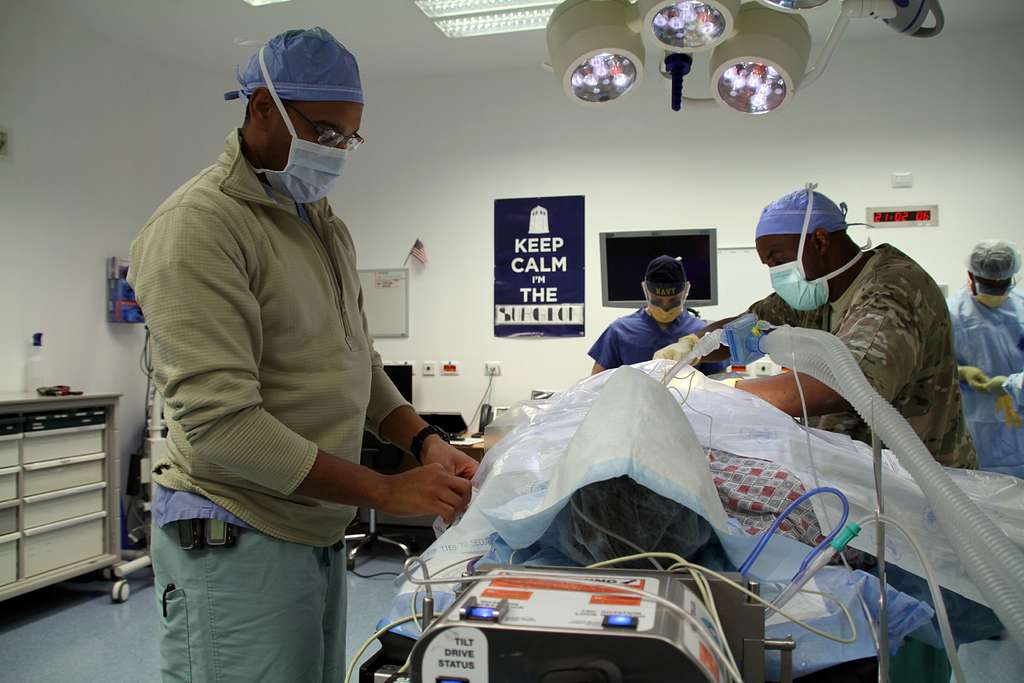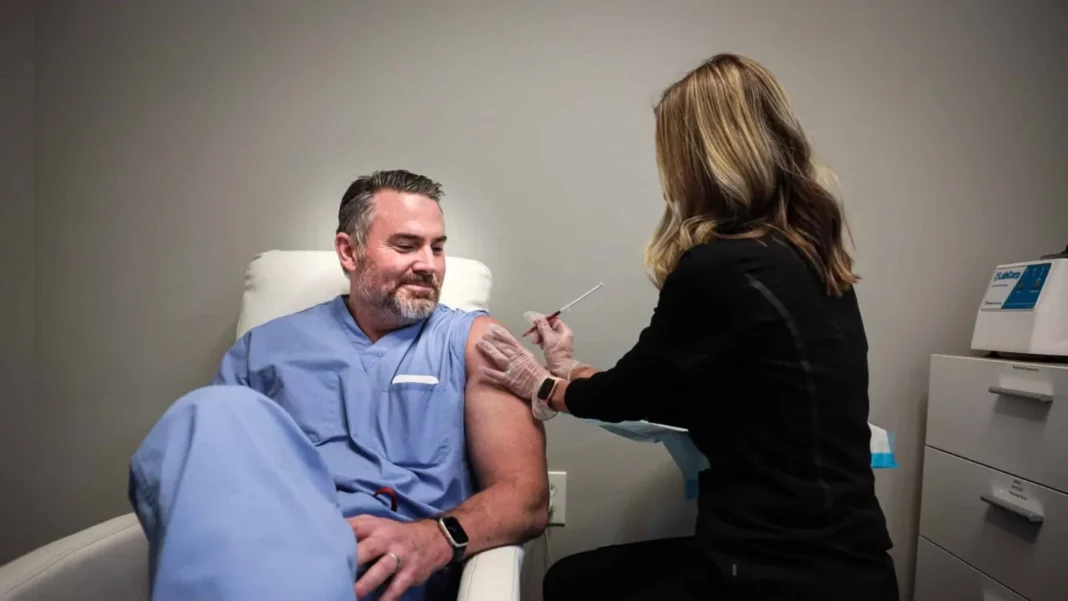Anesthesiology allows for the safe and effective performance of complex medical procedures. This specialty focuses on administering anesthesia, managing pain, and ensuring patient safety during surgeries. Pain specialists work quietly behind the scenes to support patients during the complex parts of their medical journey. Here is more information about the role of anesthesiology:
Pain Management
Effective pain control helps make the experience less challenging. Anesthesiologists create personalized pain management plans suited to each patient. They take into account the patient’s medical history, the type of surgery, and their tolerance to pain. To achieve this, they may employ various techniques, including nerve blocks, injections, and local anesthetics.
Specialists in anesthesiology typically monitor pain levels throughout the procedure and adjust medications accordingly for optimal patient comfort. The goal is to prevent pain signals from reaching the brain entirely. This proactive approach is designed to minimize the stress response that accompanies surgery, resulting in improved healing conditions for your body.
Modern pain management techniques allow for more precise control than ever before. Nerve blocks target specific areas while leaving other functions intact. Epidural anesthesia provides pain relief for lower body procedures. Each method offers unique advantages depending on the surgical requirements and patient needs.
Post-operative Care
Recovery begins as soon as surgery ends, with anesthesiologists playing a key role. They carefully reverse anesthesia to help patients wake up safely and comfortably. This process involves precise timing and dose adjustments to prevent complications and reduce pain. Providers also manage pain that can occur as the initial anesthesia wears off. During recovery, they closely monitor temperature, fluid levels, and breathing function to make sure everything stays within safe limits.
Complication Control
Anesthesiologists play a key role in maintaining your safety during surgery. They continuously monitor your heart rate, blood pressure, oxygen levels, and brain activity using advanced equipment. By quickly recognizing and responding to changes in these measurements, they can prevent minor issues from becoming serious complications.
Before surgery begins, anesthesiologists prepare for different scenarios. They review your medical history, current medications, and any allergies to identify potential problems. With their specialized training in emergency medicine, they are able to respond swiftly to unexpected situations, such as blood loss, allergic reactions, or heart problems.
Patient Comfort
Beyond medical safety, anesthesiologists also focus on your mental well-being during surgery. They may explain procedures in advance, answer your questions, and address any concerns. This communication is designed to reduce anxiety and foster trust between you and your medical team. During surgery, anesthesiologists typically adjust temperature, positioning, and airway management to keep you comfortable. They coordinate with the surgical team to minimize procedure time while making sure safety standards are met.
Find Anesthesiology Services
Quality anesthesia care can make a significant difference between a complicated surgical experience and a smooth, manageable one. When planning your surgery, ask your surgeon about the team that will be caring for you. Research their experience and approach to patient safety. Contact a pain specialist in your area to discuss your upcoming procedure. Schedule a consultation to review your medical history and voice any concerns about anesthesia.
- HMS Photovoltaik: A Complete, In-Depth Guide to Modern Solar Power Solutions
- Decreto Supremo 160: A Complete and Updated Guide
- Dentiloquent: A Complete Professional Guide
- Närkes Elektriska: Your Trusted Partner in Electrical Services in Örebro, Sweden
- Litorotica Tags: Guide for Better Search, Safety, and Clarity





